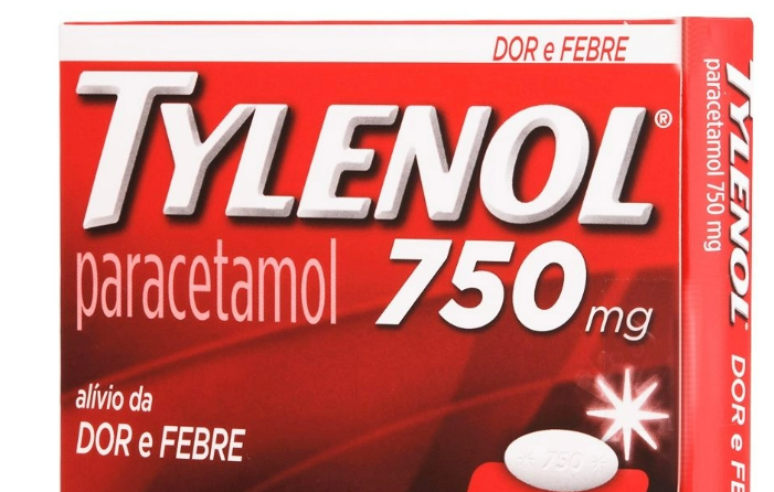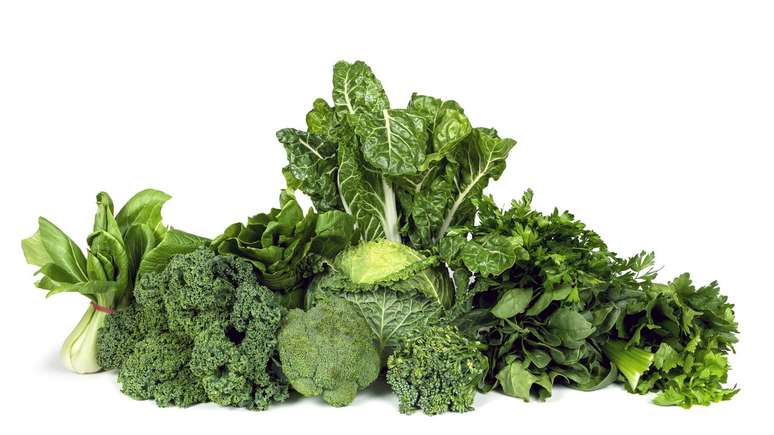Is eating gluten-free food always healthier? Are organic foods healthier? Does detox juice help you lose weight? Discover 16 myths
html[data-range=”xlarge”] figure image img.img-77eee5350c2047b5ff374b88b0642c66jgoxpoiz { width: 774px; height: 479px; }HTML[data-range=”large”] figure image img.img-77eee5350c2047b5ff374b88b0642c66jgoxpoiz { width: 548px; height: 339px; }HTML[data-range=”small”] figure image img.img-77eee5350c2047b5ff374b88b0642c66jgoxpoiz, html[data-range=”medium”] figure image img.img-77eee5350c2047b5ff374b88b0642c66jgoxpoiz { width: 564px; height: 349px; }
There are many myths that are created about food. One of the most common is that there are “good” and “bad” foods. The notion that some foods are inherently healthy or unhealthy is a dangerous myth that can lead people to adopt restrictive and potentially unhealthy diets.
In fact, most foods can be eaten in moderation as part of a balanced diet. Sure, some foods are more nutritious than others, and some can have adverse health effects when eaten in excess, but there are no foods that are entirely good or bad.
Another myth related to food is that you have to go on restrictive or extreme diets to lose weight or be healthy. In fact, the key to healthy eating is eating a balanced diet that includes a variety of nutritious foods in adequate portions. It’s also important to maintain an active lifestyle and exercise regularly.
Find out below 12 myths spreading about healthy eating.
1. You must eat meat to get enough protein
This myth is common among carnivores who believe that meat is the only reliable source of protein. However, many plant-based foods, such as lentils, beans, tofu and quinoa, are excellent sources of protein. Of course, with good follow-up to a nutritional program comes proper nutritional education focused on obtaining protein.
2. Eating fat makes you fat
This myth is based on the idea that fat is a bad thing and should be avoided, but the truth is that our bodies need fat to function properly. Also, there are different types of fats and not all of them are bad for your health.
3. Low-fat foods are always healthy
Many low-fat foods contain large amounts of sugar or other artificial ingredients to make up for lost flavor. Additionally, some fats, such as those found in nuts and seeds, are considered healthy and beneficial to the body.
4. Eating lots of protein is healthy
While protein is important for health, consuming excessive amounts can put a strain on your kidneys and increase your risk of heart disease and other health problems.
5. Eating carbohydrates makes you fat
Carbohydrates are an important source of energy for the body and are not necessarily responsible for weight gain. Excess calories, regardless of source, can lead to weight gain.
6. Late night eating makes you fat
There is no scientific evidence to suggest that eating late at night leads to weight gain. What matters is the total amount of calories consumed during the day. But, of course, if you eat feijoada before bed, the results won’t be pleasant.
7. Drinking detox juice helps you lose weight
Detox juices aren’t a miracle weight loss solution, and many of them contain large amounts of sugar. Also, our body is able to detox naturally without the need for special juices. What really helps to lose weight is food re-education and physical exercises.
8. Eating lots of fruit is always good for you
While fruit is packed with nutrients, it also contains natural sugar (fructose), and consuming excessive amounts can increase your sugar intake. It is important to consume a variety of fruits along with other healthy foods.
9. Eating gluten-free foods is always healthier
Unless you have a gluten allergy or intolerance, there is no benefit to avoiding foods that contain gluten. Many gluten-free foods contain fewer nutrients than their gluten-containing counterparts.
10. Eating eggs raises cholesterol
This myth is based on old studies that linked egg consumption to increased cholesterol. However, more recent research has found that the cholesterol in eggs does not have much of an impact on blood cholesterol. Also, eggs are packed with nutrients like protein and vitamins.
11. Eating lots of red meat is good for you
While red meat is a good source of protein, eating too much of it can increase your risk of heart disease, colorectal cancer, and other illnesses. It is important to consume in moderation and choose leaner cuts.
12. Organic food is more nutritious
While organic foods may be beneficial to the environment and animal health, there is no evidence that they are significantly more nutritious than conventional foods. Also, they can be more expensive and unaffordable for most people.
13. Probiotics are essential for gut health
Probiotics are live bacteria and beneficial yeasts that can be found in foods such as yogurt (with active live cultures), kefir, kombucha, kimchi and natto (fermented beans). And you can find them in supplements. There is some evidence that probiotic supplements may be beneficial in some cases, such as relieving irritable bowel syndrome symptoms, but there is little evidence to support the many other health claims made about them. There is no compelling evidence to suggest that taking a probiotic will benefit healthy people who don’t have gut problems. The more varied your diet, the healthier your gut microbiota will be, which will mean better immunity and better mental, cardiovascular and digestive health.
14. Oysters are an aphrodisiac
Oysters are rich in zinc, which is important for reproductive health, but there are no studies to suggest that eating oysters increases libido. Zinc may increase dopamine, the brain’s pleasure chemical, but it is an exaggeration to say that an increase in libido would occur.
15. Cinnamon helps balance hormones
There is a natural substance in cinnamon called cinnamaldehyde that increases progesterone and decreases testosterone in women, helping balance hormones. But the quality and quantity of cinnamon you consume probably won’t be enough to have these effects. Hormones are part of your endocrine system and a balanced diet helps with that, but you can’t completely control hormones with food.
16. Chocolate causes acne
The skin is the largest organ in the body and has its own microbiome, its own bacteria, so the better you eat, the better your skin will be. Small amounts of chocolate won’t affect your skin health, but chocolate with less sugar and milk is better. More important to skin health is hydration: you should drink at least 1.5-2 liters (6-8 glasses) of water a day.
Coffee is a diuretic, but the amount of fluids you drink exceeds the amount you lose in your urine. Tea is fine too, but avoid drinking it with a meal, as the tannins in tea block iron absorption, and iron deficiency can lead to symptoms such as irritated skin.
Always seek professional guidance
It’s important to remember that nutrition is a complex subject and everyone has different dietary needs. Therefore, it is important to seek advice from a health professional or nutritionist to create an appropriate and healthy eating plan for each individual.
HOMEWORK inspires transformation in the world of work, in business, in society. Created by COMPASSO, a content and connection agency.
Source: Terra
Ben Stock is a lifestyle journalist and author at Gossipify. He writes about topics such as health, wellness, travel, food and home decor. He provides practical advice and inspiration to improve well-being, keeps readers up to date with latest lifestyle news and trends, known for his engaging writing style, in-depth analysis and unique perspectives.





![A Better Life Preview: What’s in store for Thursday 30 October 2025 Episode 453 [SPOILERS] A Better Life Preview: What’s in store for Thursday 30 October 2025 Episode 453 [SPOILERS]](https://fr.web.img3.acsta.net/img/19/c5/19c512af3e998cd1e6067fd0edf5e894.jpg)



